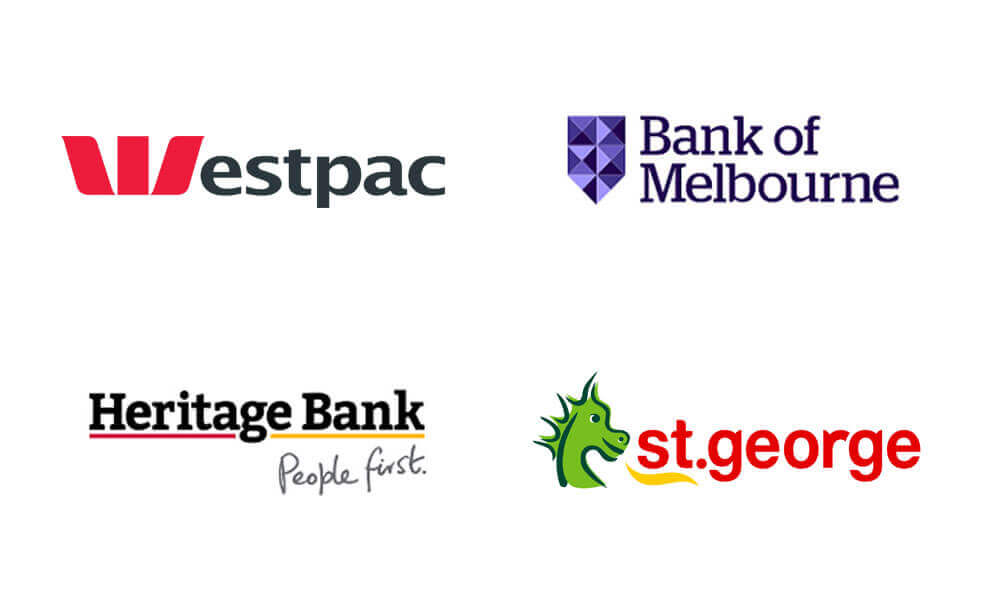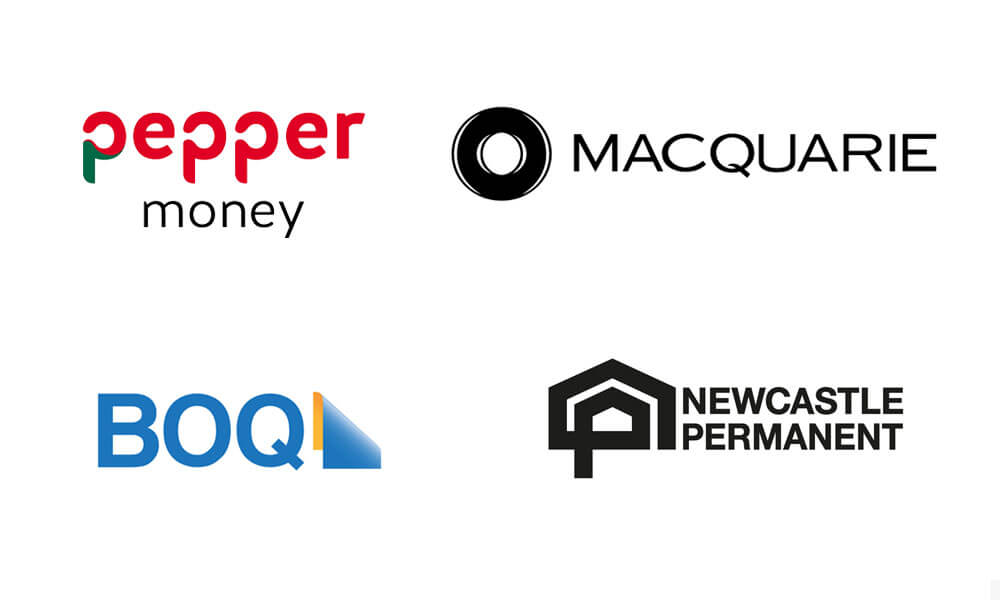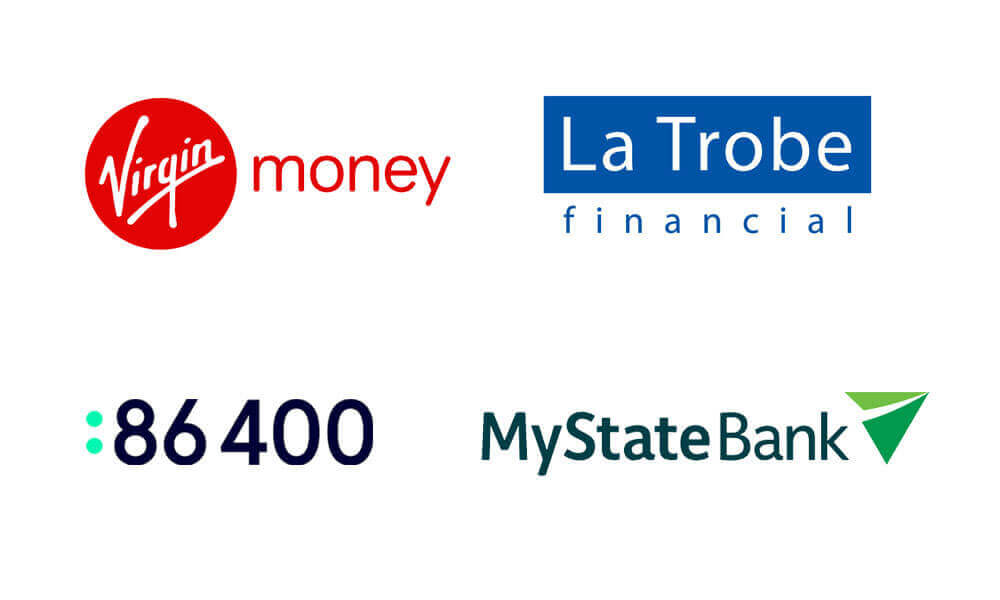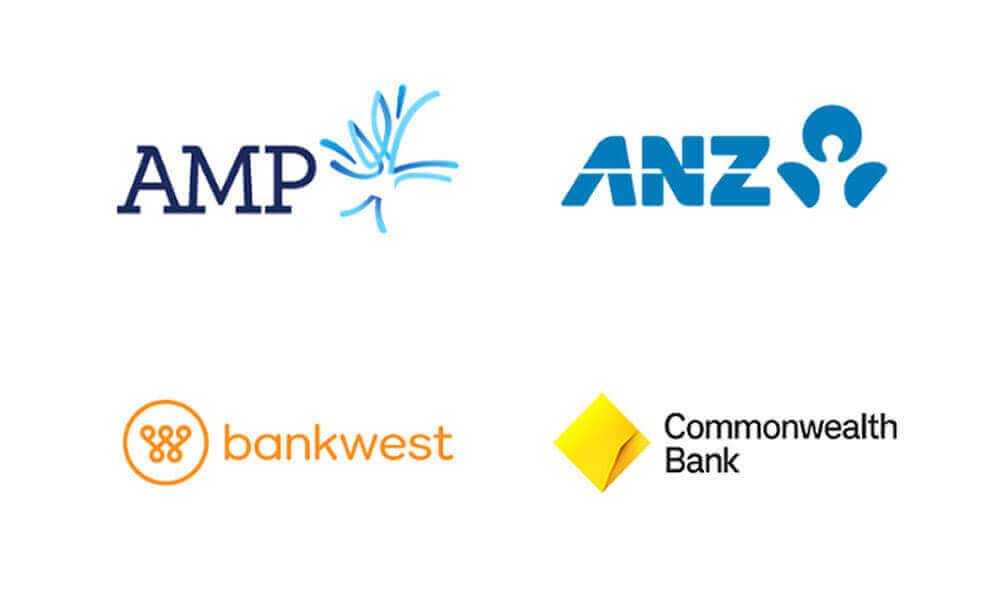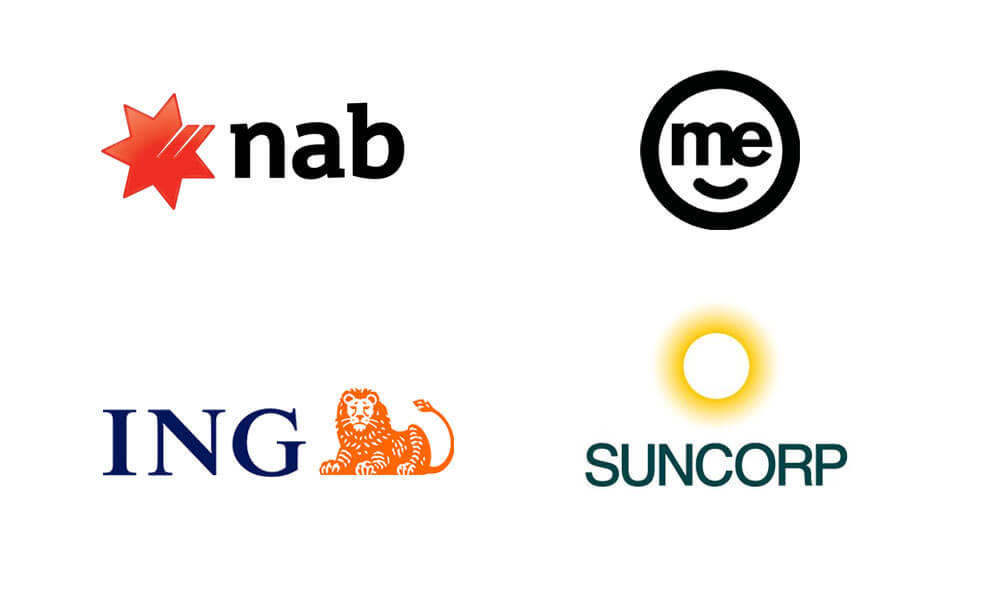
Exit costs when refinancing
Refinancing can be a great way to save money if you believe you are paying…

We’ve all encountered them: a suspicious message about a missed delivery or an automated phone call with an unusual request for personal information. Some scams are easier to identify, but scammers are becoming increasingly sophisticated, using advanced techniques to trick people into revealing sensitive information. With the rise of generative AI, staying vigilant about your cyber security has never been more critical.


Scamwatch has already logged over 95,500 scam reports in 2024. While the Australian Competition and Consumer Commission (ACCC) noted a decline in scam losses last year, Australians still lost a staggering $2.7 billion, highlighting that there is much work to be done.
In this article, we’ll explore four of the most prevalent scams today and offer practical advice on how to protect yourself and your family from falling victim to them.
Scams doing the rounds
Impersonation scams
The ACCC issued a warning earlier this year advising Australians to check payment details directly with businesses prior to paying an invoice, following a rise in losses due to payment redirection scams.
With this type of scam, you get an email from a business you are dealing with and are expecting an invoice from. You pay the invoice but end up paying the scammer because they have got access to the business email account or modified the email address and altered the payment details.
Product and service scams
Scammers have been known to create fake websites on retailer sites, and then offer products or services at extremely low prices. There may be fake ads, fake reviews and a stolen Australian Business Number (ABN), making these kinds of scams hard to identify. If something seems too cheap compared to competitors or too good to be true in other ways, it may be a scam. Similarly, if there’s no terms and conditions, ABN or privacy policy on the website, it may not be legitimate.
Remote access scams
With this type of scam, scammers try to convince you that you have a computer or internet problem. Sometimes the scammer will call and pretend to be from a large telecommunications like Telstra, or they may say they’re from a technical support service provider. They may say your computer has been sending error messages or that it has a virus, or refer to internet connection issues. The caller will ask for remote access to your computer to find out what’s happened, or they may ask you to buy software to fix the problem.
Tips to protect yourself (source: ACCC)
STOP – Don’t act quickly. It’s better to take the time to call the business you are dealing with – using independently sourced contact details – to check the payment details are correct.
THINK – Ask yourself if you really know who you are communicating with. There may be legitimate-looking logos and ABNs, but scams can be advanced.
PROTECT – If something feels incorrect and you have shared financial information or transferred money, contact your bank immediately. Report any suspected scams to Scamwatch.
You can find other tips to protect yourself and your family from scams here. Protecting your personal data is essential, so be proactive and stay informed.
How we protect our clients’ data
We recognise how crucial data security is. Our cloud-based technology platform incorporates robust security measures, including multi-factor authentication, cutting-edge encryption, and comprehensive security monitoring tools to safeguard your data.
We wish you a cyber-secure start to the new financial year and look forward to assisting with all your future financial requirements.

Refinancing can be a great way to save money if you believe you are paying…

Looking to set good financial habits in the new year? Working with a mortgage broker in Melbourne can help you navigate your home loan options.
Yes, that’s right. You pay zero, zip, nada.
1st Street’s premium service comes at no cost to you! 1st Street is paid by the lender when your loan settles, however, this will not affect your interest rate or loan fees! It is often more cost-effective for a mortgage broker to process a loan rather than the lenders processing it themselves in-house. In fact, we often find that we can save you money by negotiating on your behalf.
Use our online calculators to work out how much you can borrow, loan repayments, stamp duty and lots more.


